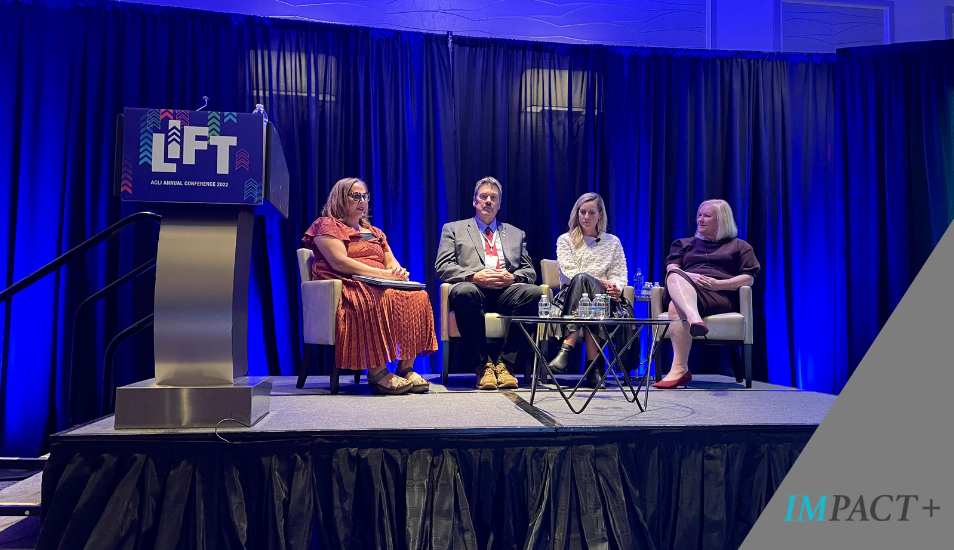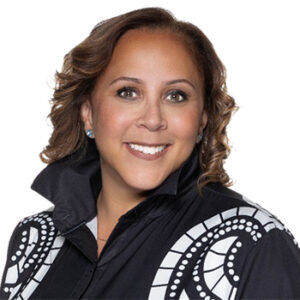Elegant, Innovative & Practical

[IMPACT+: This series features IMPACT posts that take a longer look at vital topics.]
Ever since the Family and Medical Leave Act (FMLA) was signed into law by President Clinton nearly 30 years ago, there have been several attempts to expand it. Many of those efforts involved expensive proposals to build a new federal bureaucracy to implement a mandatory paid leave program.
But lately we’ve seen more practical ideas coming from individual states. These plans leverage the proven and valued existing employer-based system. Over 47% of full-time civilian workers receive paid medical leave benefits through the private sector. That’s nearly 62 million Americans already benefitting from employer-based paid leave.
We discussed the prospects of PFML legislation during a panel discussion at the recent ACLI Annual Conference. We were joined by Adrienne Schweer of the Bipartisan Policy Center and Minnesota state Senator Paul Utke.
“This issue resonates on both sides of the aisle in every part of America,” Schweer said. “Everyone someday will use it. Whether it’s having your own baby, whether it’s caring for a loved one or caring for oneself. Something’s going to happen and we’re going to have to take meaningful time off of work.”
Sen. Utke is one of the sponsors of bipartisan model legislation under consideration by the National Council of Insurance Legislators (NCOIL) that would help more states make family leave plans a type of insurance that employers can voluntarily purchase for their employees so they can take time off.
“We fully expect to pass the model act language this November,” said Sen. Utke. “Then it can be shared and used across the country. It’s a guide: states can pick it all up in its entirety. They can pick it up to fit their needs. There are a lot of states working on it. This gives them a little more gas in their tank, so to speak. They then can bring it up in their legislative sessions. I think you’ll see a number of states be proactive and do things quickly next year.”
The model is similar to an innovative law that was adopted this year in Virginia that enables employers to offer paid family leave solutions that protect their workers from economic loss.
“It basically tells the insurance regulator to recognize paid family leave benefits that cover parental leave and family caregiving leave as insurance just like they now regulate paid medical leave benefits through disability income insurance,” Schweer said. “For the first time insurers can come into Virginia and create a program and a policy that can match FMLA and offer it to employers as a new product. It will open up a product pipeline that frankly matches employee desires better.”
The model legislation is elegant because it doesn’t cost the states anything. And it doesn’t impose a mandate. But it allows insurers to make those products available for employers who want them. It can work alongside tax credits and other supports that make it easier and more appealing, especially for smaller employers, to offer such benefits to their employees.
Sen. Utke, a former small business owner, says employers see the importance of these benefits.
“There’s a lot of positives. Workforce development: this is a great tool for employers to have in their toolbox,” Sen. Utke said. “Workforce retention. What do you need to keep your workforce strong. The younger employee base will see this as really a benefit. Now it’s up to the employer — do you want to make that offering? Does it benefit you both to recruit and retain?
“Whether you’re small or big, we’re all having to reinvent ourselves all the time. And if we aren’t, we’re falling behind. We know what happens to those who don’t keep up. Pretty soon they’re no longer there.”







